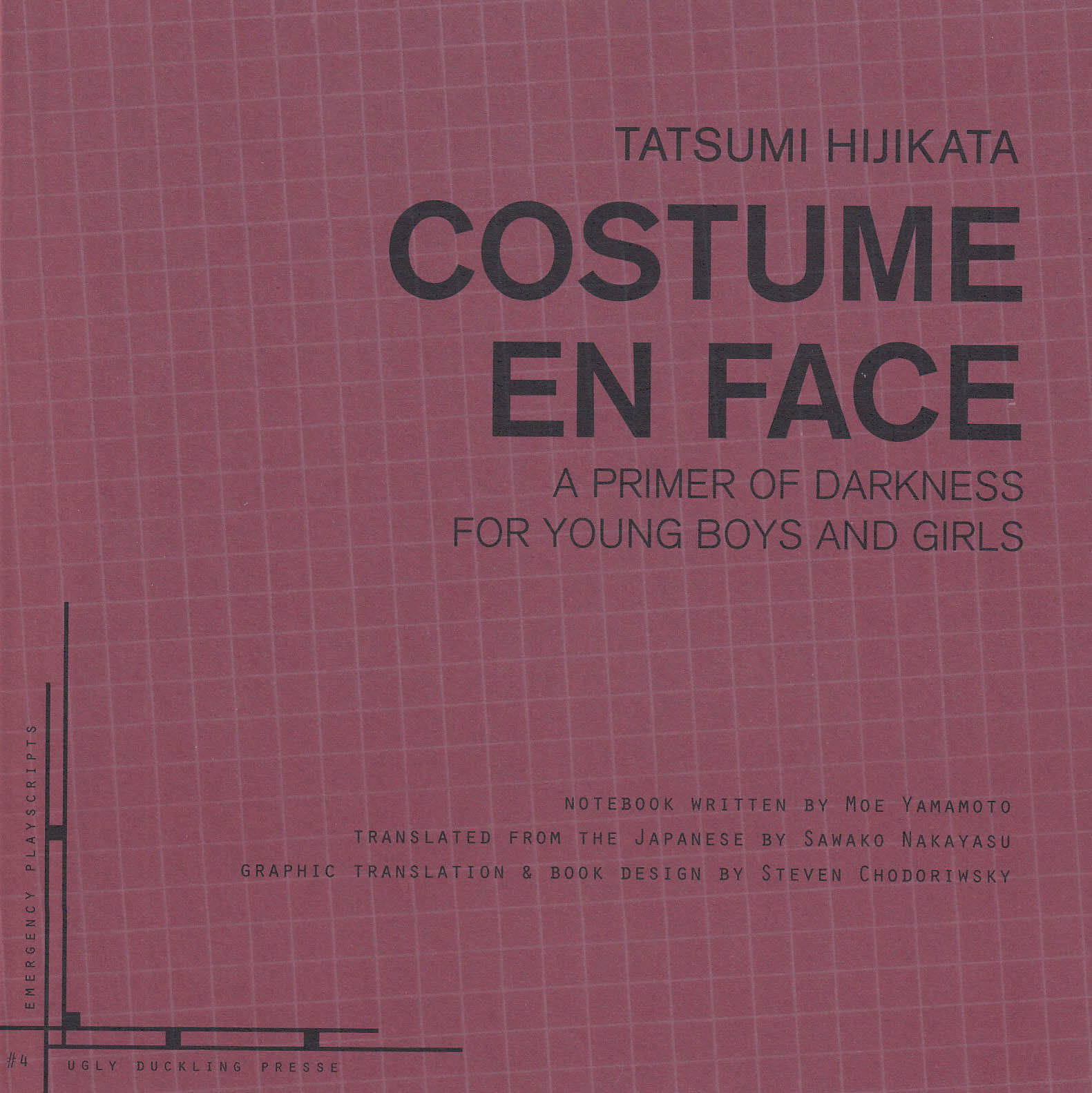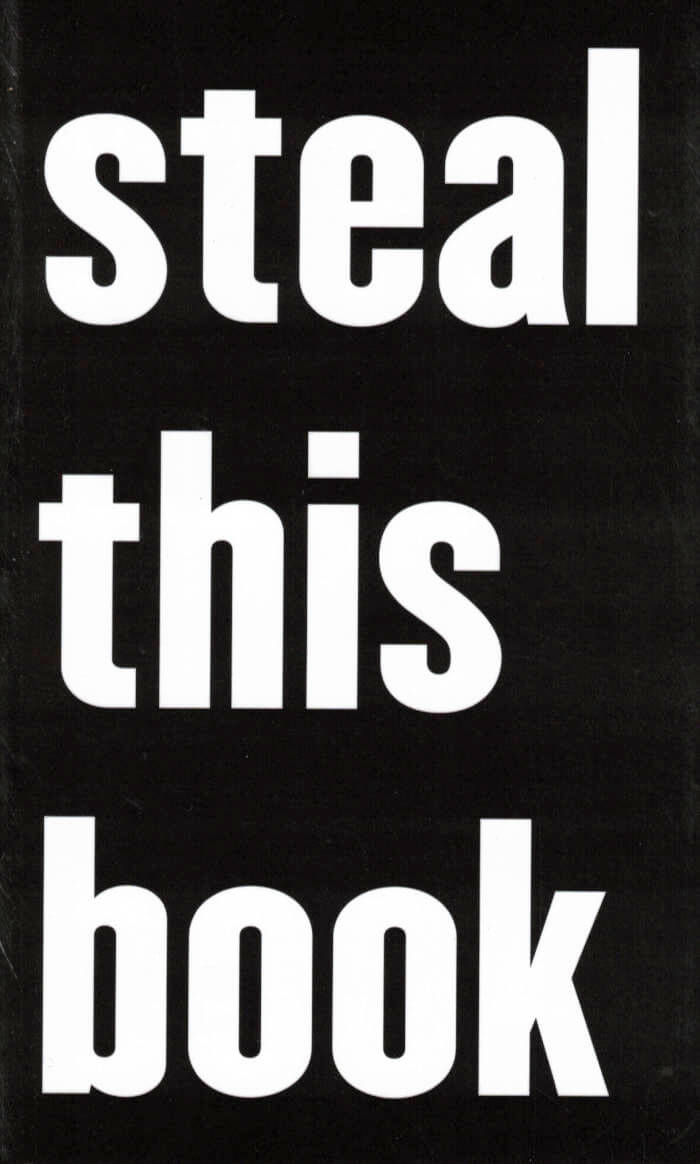
Costume En Face
As the founding father of the radical dance form that he called Butoh, Tatsumi Hijikata (1928-1986) is a legendary figure in the history of art and contemporary dance. Though influenced by Western artists and writers—the expressionist dance of Mary Wigman, the writings of Artaud, de Sade, Bataille, and Genet, and the drawings and paintings of Goya, Picasso, Toyen, Beardsley, and others–he was dedicated to the particular experience of the marginalized, Japanese suffering body after World War II.
In the mid-1970s, Hijikata became concerned with developing notation for his Butoh, and some of these Butoh-fu notations remain, largely in the form of notebooks transcribed by his disciples. Costume en Face is the first publication of one of Hijikata’s notebook notations in either English or Japanese. In it we can see, for the first time, the profound interconnectedness of language and body in Hijikata’s process of composition.
Tatsumi Hijikata was born in Japan in 1928. He founded the radical dance form known as Butoh, which requires dancers to internalize complex and often grotesque images, experiences and perspectives in order to produce precise movements. Even after his abrupt death in 1986, his dance works and writings continue to be extremely influential.
.jpg)






